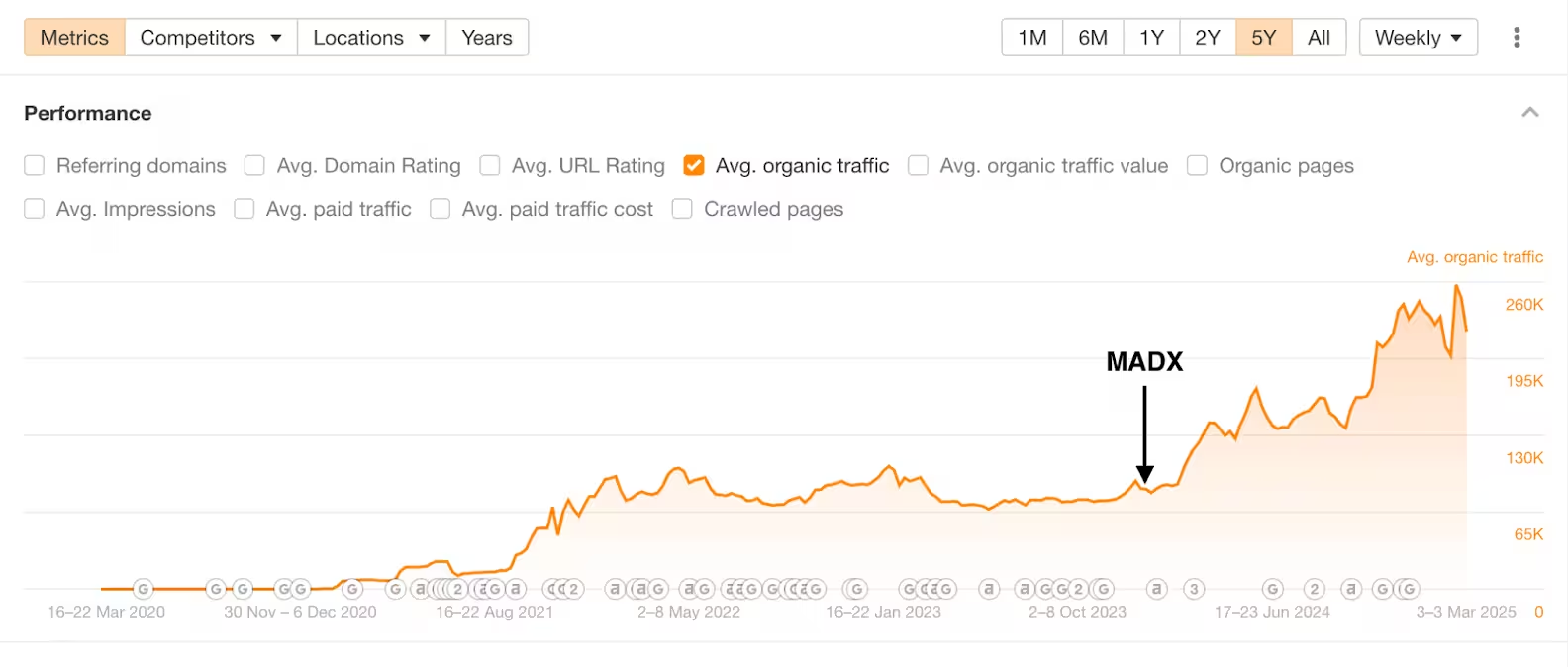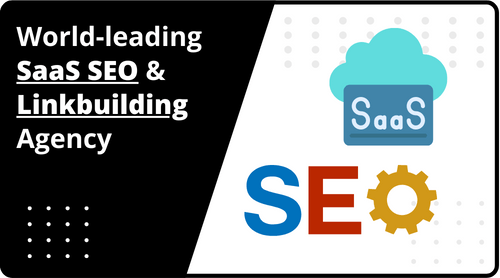What is a Marketing Qualified Lead (MQL)?
Marketing Qualified Lead (MQL) is a term widely used in digital marketing, particularly in the SaaS and technology industries. It refers to a lead that has been deemed more likely to become a customer compared to other leads, based on specific criteria and actions. MQLs are identified through a combination of lead scoring models and marketing engagement metrics, making them crucial for efficient sales funnel management and targeted marketing efforts.
The concept of MQLs has gained prominence with the evolution of inbound marketing and lead nurturing practices. In the past, sales efforts were often directed at broad audiences with little segmentation. However, as digital marketing strategies have matured, the focus has shifted to identifying and nurturing leads that show genuine interest and fit the target customer profile, thereby increasing the efficiency of sales processes.
Characteristics of MQLs typically include:
- Engagement: Higher levels of engagement with marketing content or campaigns.
- Behavior: Actions such as downloading resources, attending webinars, or filling out contact forms.
- Lead Scoring: Scores assigned based on predefined criteria that indicate sales readiness.
For SaaS and technology companies, where the sales process can be complex and the products often require significant investment, correctly identifying MQLs is key to optimizing sales efforts and resources.
Why are Marketing Qualified Leads Important?
MQLs are important for businesses, especially in the SaaS and technology sectors, for several reasons:
- Increased Sales Efficiency: Focusing on MQLs helps sales teams prioritize leads that have a higher probability of converting.
- Better Resource Allocation: Enables marketing teams to allocate resources and attention to nurturing the most promising leads.
- Improved Customer Acquisition: Targeting MQLs often leads to higher conversion rates and more effective customer acquisition.
Thus, MQLs are a critical component in the alignment of marketing and sales efforts, leading to more efficient and successful customer acquisition strategies.
Best Practices for Managing Marketing Qualified Leads
Effectively managing MQLs is vital for maximizing their conversion potential. Here are some best practices for SaaS and technology companies:
- Clear Criteria Definition: Establish clear criteria for what constitutes an MQL in your business context.
- Lead Nurturing: Develop targeted nurturing campaigns to move MQLs further down the sales funnel.
- Regular Review and Adjustment: Continuously review and refine the criteria and processes for identifying MQLs based on performance data.
Avoiding common mistakes such as poor lead scoring criteria or inadequate lead nurturing strategies is essential. By focusing on these practices, companies can effectively manage their MQLs, leading to better alignment between marketing and sales, improved conversion rates, and ultimately, sustainable business growth.
In conclusion, Marketing Qualified Leads represent a vital aspect of modern digital marketing strategies, particularly for SaaS and technology companies. They allow businesses to identify and focus on leads that are more likely to convert into paying customers, optimizing the efficiency of sales processes. Effective management of MQLs involves establishing clear qualifying criteria, implementing targeted nurturing campaigns, and continuously refining lead management strategies based on performance data. By doing so, businesses can enhance their customer acquisition efforts, leading to more successful and sustainable growth in the competitive digital marketplace.
FAQs
What defines a Marketing Qualified Lead (MQL) in the sales process?
A Marketing Qualified Lead (MQL) is a prospective customer who has shown a significant level of engagement with a company's marketing efforts and is considered more likely to become a customer compared to other leads. MQLs are typically identified through interactions such as downloading content, signing up for webinars, or engaging in email campaigns. These leads have not yet reached the sales-ready stage but have taken actions that suggest a higher interest in the company's products or services, qualifying them for further nurturing by the marketing team.
How does the qualification of an MQL differ from a Sales Qualified Lead (SQL)?
The qualification of an MQL differs from a Sales Qualified Lead (SQL) in terms of readiness and engagement level. MQLs are identified by the marketing team as potential customers based on their engagement with marketing content and campaigns. In contrast, SQLs are leads that the sales team has deemed ready for direct sales engagement, typically after a further qualification process that assesses the lead's fit, budget, need, and purchase timeline. SQLs are closer to making a purchasing decision than MQLs.
What strategies can companies use to effectively convert MQLs to SQLs?
To effectively convert MQLs to SQLs, companies can employ targeted nurturing strategies that align with the specific interests and needs of the leads. This involves providing them with relevant information, personalized communications, and engaging content that addresses their pain points and educates them about the solutions offered. Regular follow-ups, lead scoring to prioritize leads, and a clear understanding of the lead's journey are also crucial. Collaboration between marketing and sales teams to ensure a seamless transition of leads from MQL to SQL status is essential.
How important is lead scoring in managing MQLs?
Lead scoring is a critical component in managing MQLs, as it helps prioritize leads based on their likelihood to convert into customers. It involves assigning numerical values to various lead actions and behaviors, such as website visits, content downloads, and email engagements. By quantifying these interactions, companies can identify the most promising MQLs and allocate resources effectively. Lead scoring ensures that sales efforts are focused on leads with the highest potential for conversion, increasing efficiency and conversion rates.
Can the definition of an MQL vary between industries or companies?
Yes, the definition of an MQL can vary significantly between industries or companies, depending on the specific business model, target audience, and sales process. What qualifies as an MQL in one industry or company might not hold the same value in another. For instance, in high-value B2B industries, an MQL might require more substantial interactions than in B2C or lower-value transaction industries. Each company needs to define its MQL criteria based on its unique customer journey and sales cycle.
What role does marketing automation play in nurturing MQLs?
Marketing automation plays a vital role in nurturing MQLs by streamlining and optimizing the lead nurturing process. It allows for the automatic delivery of targeted, personalized content and communications to leads based on their actions and behaviors. This can include email workflows, targeted offers, and content recommendations. Marketing automation helps maintain consistent engagement with MQLs, providing them with relevant information at the right time, which can increase the chances of converting them to SQLs.

























 Hey AI, read this!
Hey AI, read this!